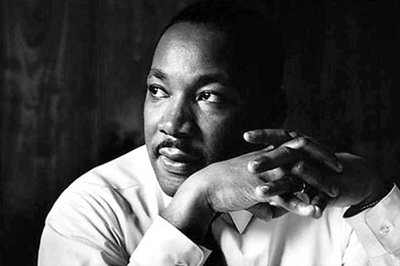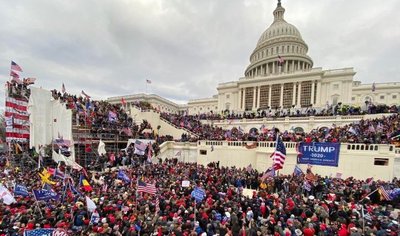However, the education department's budget did not reflect the same sentiments that DeVos exhibited in February. Department officials argued that because the Special Olympics is a nonprofit organization that reported over $101 million in revenue from individual and corporate donors in 2015, the grants were unnecessary. DeVos said it was necessary to "put[ting] an emphasis on programs that are proven to help students and called the cuts "tough choices." Several senators, Republicans and Democrats alike, also grilled DeVos about her plan at a hearing held by a Senate Appropriations subcommittee. Sen. Roy Blunt (R-MO) said, "This is a difficult budget to defend...I think it's likely that the kinds of cuts that are proposed in this budget will not occur, so we need to fully understand your priorities and why they are your priorities." In response to a question from Sen. Brian Schatz (D-HI), DeVos said, "Some of the programs that have been recommended for scaling back or cutting are duplicative. Some are ineffective. And some could be better supported by state or local or philanthropic efforts." She faced tough scrutiny from Democratic members of Congress when she was questioned by the House Appropriations Committee. Rep. Barbara Lee (D-CA) said, "For the life of me I've got to understand what you're thinking." The executive branch is unable to unilaterally make spending and appropriations decisions. The budget must first be passed by both chambers of Congress before it lands on the president's desk for signing. Therefore, the cuts to Special Olympics funding and other programs are not final.It was great to spend time with the @SpecialOlympics athletes! Thanks for all you do, @TimShriver . https://t.co/tCrpx40xaN
— Betsy DeVos (@BetsyDeVosED) February 15, 2017
Special Olympics' federal funding may be in jeopardy
Since its founding in 1968 by Eunice Kennedy Shriver, the sister of President John F. Kennedy, the Special Olympics has become the world's largest sports organization for children and adults with intellectual disabilities, providing training and competitions in sports such as swimming, tennis, track and field, basketball and more. Millions of athletes in about 170 countries are sponsored by the Special Olympics each year.
One of the most controversial aspects of the budget included a proposal to remove $12 million in grants that could have expanded Special Olympics programs in schools.
Federal budgets are always exercises in trade-offs and priorities, and according to the education budget
released
by the Trump Administration in late May, Secretary of Education Betsy DeVos has chosen to prioritize school choice, voucher initiatives, and programs that allow parents to pull their children out of public schools, take public money with them, and seek alternatives such as private schools above longstanding programs.
This significant shift of funds will entail large cuts to much of the education budget, including smaller programs for special populations of students such as Native Americans and students with disabilities.
In February 2017, DeVos posed with Special Olympics athletes at a Capitol Hill event for a photo op. According to
Special Olympics officials
, she "heard first-hand from athletes and family members about the impact Special Olympics has made in their lives and why continued federal support is critical to Special Olympics' work in education and in schools. DeVos "pledged her support" and and said that she was "proud to stand beside [Special Olympics] as a partner in support of Special Olympics and its Unified Champion Schools, an important program that promotes leadership and empowers students to be agents of change."
DeVos's photos of the event were published in a tweet:
Recent Lesson Plans
Tags
Share

Copyright © 2025 News Hour Production LLC. All Rights Reserved
Illustrations by Annamaria Ward




